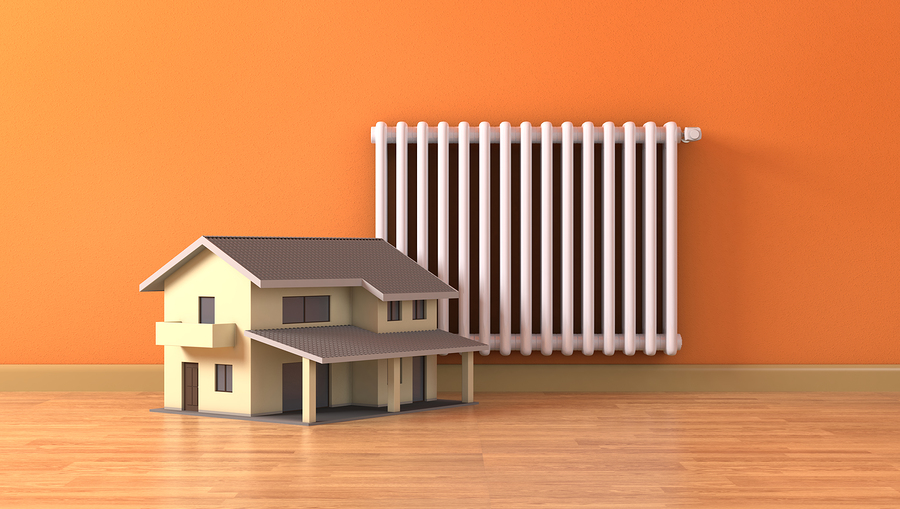 Manchester, a city in the United Kingdom, has mild summers and cool winters, which makes it very necessary for homes to be heated to ensure living in comfort. Central heating makes for a convenient and economical way of doing this.
Manchester, a city in the United Kingdom, has mild summers and cool winters, which makes it very necessary for homes to be heated to ensure living in comfort. Central heating makes for a convenient and economical way of doing this.
In central heating, the heat is generated at a convenient and central place in the home and then distributed to the spaces that are needed to be heated. The other alternative is local heating, where a fireplace or heater heats only one room. In any Manchester central heating system gas, coal or oil will be burnt in a furnace and the heat so produced used to boil water, or heat air. The furnace will be located in the basement or any other space that can be spared for the purpose.
Where commercial buildings use this same form of central heating, furnaces will have a room that is dedicated for the purpose. You can also use electricity to create the necessary heat, but this can lead to higher costs, though the advantage is that the heating process is not messy and requires lesser maintenance. Some homes may also use solar panels to pre heat water, as this can lead to a substantial savings in fuel costs.
The heat that is generated in the furnace of a central heating system is then distributed throughout the spaces that need heating. Some of these systems use ducts and fans that blow the heated air to the various rooms. In other systems, heated water is led through pipe networks that end up in radiators in each space to be heated, form where heat exchange to the air takes place by conduction, radiation and convection. In most of the systems that have radiators, individual controls allow regulation of the heat, as per requirements. In systems that use air, registers or dampers allow the flow of heated air to be controlled, as required.
Heat from any Manchester central heating system can take some time to heat up a home, and costs can be controlled, if sufficient time is allowed to allow all the rooms in a home to heat up, instead of turning the controls to high. Manchester summers are mild and systems can be switched off, or turned on only during the night. Maintenance is a very important aspect for central heating systems and it makes sense for such work to be carried out just before the start of winter. It can help if boilers and furnaces are inspected by certified professionals, so that the system continues to work safely. Valves and pressure gauges must be checked and pipes checked for leakage and corrosion.
Have your home inspected by reputed installers before you consider fitting a central heating system. They will be able to tell you the size of the unit needed, and may even suggest small modifications in the home that can help you to conserve heat and thus reduce fuel bills in the long term. An annual maintenance contract with the supplier and installer can also ensure trouble free operation for years to come.